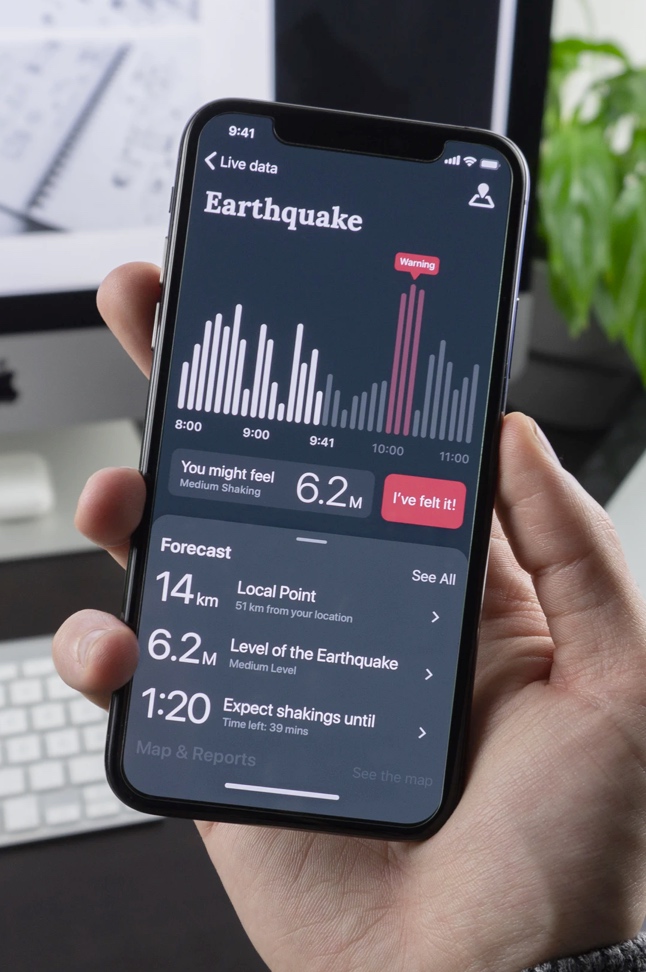— ERP Consulting Services —
Business Processes are more important than software.
ERP as Efficient Refined Processes
Growth demands Change
As the business landscape evolves, it's important to have a partner who can help you navigate the changes. That's where we come in.

Transform your business with our proven ERP solutions.
Transform Your Business with Us
We KNOW NetSuite and Odoo. We know other ERP solutions as well. We know software integration, IPaaS, ETL and data management.


ERP Consulting
Recycle your strongest processes. Remove your business's limitations.

ERP Fitment
Process habitats with a minimum footprint on computers and a maximum positive impact on the bottom line. Less noise is better.

Organic Garden
Sometimes it is not what you grow, but how you grow your business.
Help us protect and preserve your "secret sauce"
Join us and reveal your business's strongest processes.